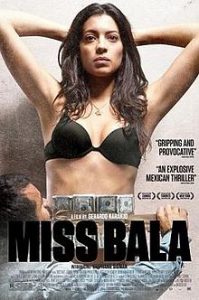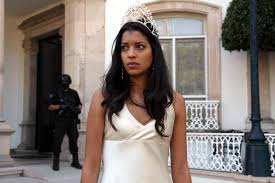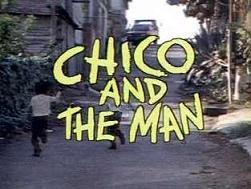In my review of Frida (2002), a American biography of the life a Mexican painter Frida Kalho played by Salma Hayek. The film details the political and promiscuous lives of Frida Kalho and Diego Rivera (Alfred Molina). In many cases dramas films that portray artistic painters would normally fall on deaf ears, but this movie dives deep into the psychology of Frida. At the beginning of their marriage Kahlo advises Diego Rivera that “she expects his loyalty, not his faithfulness in the marriage”. Roger Ebert describes their love affair as “a sexual faithfulness is a bourgeois ideal that they reject as Marxist bohemians who disdain the conventional”. In other words because they are apart of the communist movement, Frida and Diego chose to have an open relationship, which in the middle-class and the elite class would consider that type of lifestyle tacky and uncouth. Frida participated in lesbian and heterosexual relationships, while Diego had countless affairs with other women. Oddly, both Frida and Diego had narcissistic ways, on one hand they both had affairs, but both got jealous when the other slept with other partners. Frida had a lesbian relationship with Black entertainer Josephine Baker (famously known for her topless banana dance) and Leon Trotsky (Soviet politician and founder of the Red Army).Julie Taymor’s amazing depiction of the colorful, but complicated life of Kahlo. Frida’s father was German Jewish, while her mother was Mexican. Frida was born in Mexico City and was going to school in the field of medicine. At the age of 18 Frida was in a nearly fatal bus accident that completely impeded her ability to ave children. After the accident Frida chose to paint self portraits in order to deal with her insecurities of not being able to have children and her pain. The depictions of her portraits displayed pain and misunderstanding of dealing with herself. Each painting ingratiated her pain and views about herself being alone.Diego Rivera (Alfred Molina) was a famous muralist. He had a special gift of painting as well as sleeping with numerous women, even though he was married to his wife Lupe (Valeria Golino). Diego womanizing ways expressed his zeal for life and his male chauvinistic behaviors. When Frida and Diego first had sex, Lupe walks in on them, but later Lupe brings them breakfast in bed. Diego’s overbearing ways with women are like his painting, a work of art that must be exposed.
In the end Frida is advised she is going to die. Frida’s portraits shows her mostly alone or with Diego, which expresses her feeling of being in love for Diego and her disdain for the pains in her life such as losing the ability to have children and the pain she deals with from the accident from her youth. Her final work of art was her being in her death bed in the last scene of the movie, which highlights her struggles within herself.





